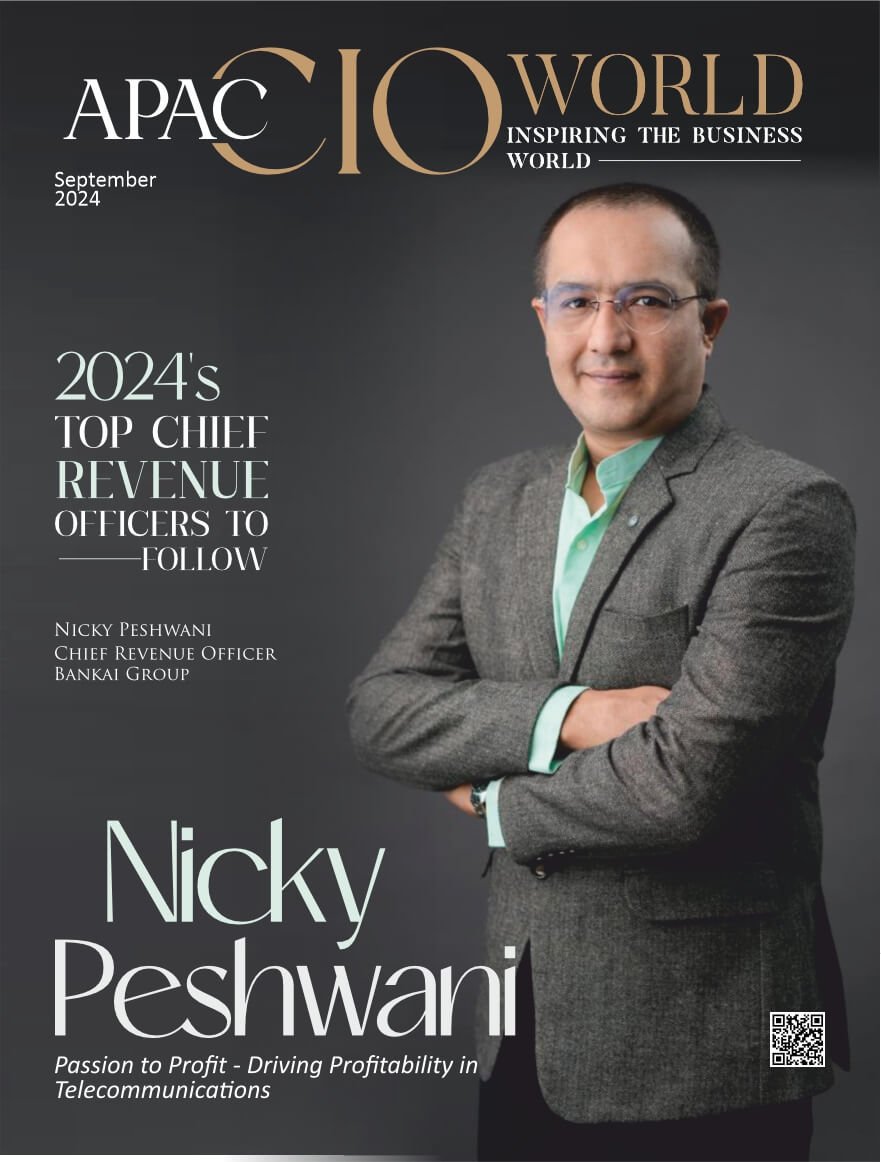In the advancing era of developments in the 21st century, technological advancements have become a driving force in reshaping various facets of organizational leadership. As technology continues to evolve at an unprecedented pace, it has significantly influenced leadership styles, decision-making processes, communication methods, and strategic planning. This article explores how technological advancements have transformed leadership, emphasizing the positive impacts without delving into associated challenges.
Enhanced Decision-Making with Data Analytics
One of the most profound impacts of technology on leadership is the enhancement of decision-making processes through data analytics. Leaders today have access to vast amounts of data generated by digital platforms, social media, and Internet of Things (IoT) devices. Advanced data analytics tools enable leaders to analyze this data, extract valuable insights, and make informed decisions. By leveraging predictive analytics, leaders can anticipate market trends, understand customer behavior, and optimize operational efficiencies. This data-driven approach not only enhances the accuracy of decisions but also enables proactive and strategic planning.
Improved Communication and Collaboration
Technological advancements have revolutionized communication within organizations. Tools such as video conferencing, instant messaging, and collaborative platforms like Slack and Microsoft Teams have bridged geographical gaps, enabling seamless communication among team members regardless of their location. Leaders can now communicate with their teams in real time, fostering a more connected and engaged workforce. Furthermore, these tools facilitate collaborative work environments where ideas can be shared freely, enhancing creativity and innovation. Leaders can effectively manage remote teams, ensuring that all members are aligned with organizational goals and objectives.
Streamlined Operations through Automation
Automation technologies have streamlined various operational processes, allowing leaders to focus on strategic initiatives rather than routine tasks. Robotic Process Automation (RPA), Artificial Intelligence (AI), and Machine Learning (ML) are being utilized to automate repetitive tasks, such as data entry, customer service, and inventory management. This not only increases operational efficiency but also reduces the likelihood of human error. Leaders can allocate resources more effectively, dedicating time and effort to areas that require human expertise and strategic oversight.
Enhanced Customer Engagement
The digital age has transformed how leaders engage with customers. Technological tools such as Customer Relationship Management (CRM) systems, social media platforms, and AI-driven chatbots have enabled leaders to interact with customers in more personalized and meaningful ways. CRM systems allow leaders to track customer interactions, preferences, and feedback, facilitating a deeper understanding of customer needs. Social media platforms provide a direct channel for communication, enabling leaders to respond to customer inquiries, address concerns, and build brand loyalty. AI-driven chatbots offer instant customer support, ensuring a seamless and satisfying customer experience. These technologies empower leaders to cultivate strong customer relationships, driving business growth and loyalty.
Facilitating Innovation and Agility
Innovation and agility have become crucial components of successful leadership in the technology-driven world. Technological advancements provide leaders with the tools to foster a culture of innovation within their organizations. By leveraging ideation platforms and digital workspaces, leaders can encourage employees to share innovative ideas and collaborate on projects. Additionally, technology enables leaders to implement agile methodologies, allowing for rapid prototyping, testing, and iteration of new products and services. This agility ensures that organizations can quickly adapt to market changes and emerging opportunities, maintaining a competitive edge.
Empowering Employee Development and Engagement
Technology has also played a pivotal role in employee development and engagement. E-learning platforms, virtual training sessions, and digital mentorship programs have revolutionized the way leaders approach employee development. These technologies provide employees with access to continuous learning opportunities, enhancing their skills and knowledge. Leaders can track employee progress through Learning Management Systems (LMS), ensuring that training programs align with organizational goals. Furthermore, technology-driven employee engagement platforms allow leaders to gather feedback, recognize achievements, and promote a positive work culture. Engaged and well-developed employees are more likely to contribute to organizational success and innovation.
Strategic Use of Artificial Intelligence
Artificial Intelligence (AI) is transforming various aspects of leadership by providing advanced tools for strategic planning and decision-making. AI-powered analytics can process large datasets to uncover patterns and trends that human analysis might overlook. Leaders can use these insights to formulate strategies that are data-driven and evidence-based. AI also enables predictive modeling, helping leaders anticipate future scenarios and make proactive decisions. In areas such as marketing, supply chain management, and human resources, AI provides recommendations that enhance efficiency and effectiveness. By integrating AI into their strategic toolkit, leaders can drive innovation and stay ahead of the competition.
Conclusion
Technological advancements have profoundly influenced leadership, ushering in a new era of data-driven decision-making, enhanced communication, operational efficiency, customer engagement, innovation, employee development, and strategic planning. Leaders who embrace these technologies can cultivate a more agile, innovative, and competitive organization. As technology continues to evolve, its impact on leadership will only grow, offering new opportunities for leaders to drive success and achieve organizational excellence.
For more articles: https://apaccioworld.com/






